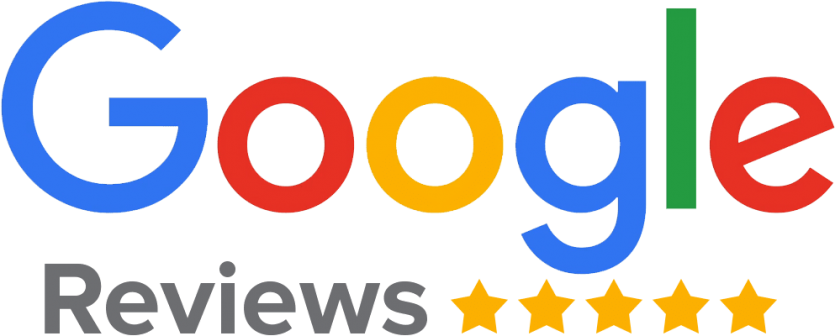I’ve been using these set of online applications and browser plug-ins for quite a while now, and while others come and go, these remain at the top of my SEO toolbox. I’ve broken them down into four categories: keyword, on-page optimisation, link analysis, and performance reporting.
With these bad boys, no SEO can blame his tools!
Keyword tools
1. Google AdWords keyword tool
The definitive keyword tool from the kings of search themselves. A plethora of options are available but in essence it allows you to test possible keywords and determine their potential traffic (local and global) and how competitive they are i.e. how difficult it will be to rank highly. The gold target is a high traffic/low competition keyword but these are few and far between. Remember to select your geographic location if your customers are focused in one particular country.
On-page optimisation tools
2. SEO Browser
While your website might look amazing to the human eye, search engines see it very differently. SEO Browser strips out all the graphics and scripting on a web page to just show the raw text that a search engine robot will crawl. However, it does format the page so that links are visible and ALT descriptions and heading tags are highlighted. Can be an eye opener for a client who puts too much emphasis on the visual impact of their website.
3. Website Grader
While in someways this web based tool is a little too simplistic, it is a good starting point for on-page optimisation. After analysing your website it gives a total grade out of 100 which is great as benchmark. There are then sections grading your content, optimisation, promotion and conversion. Perhaps an update to their scoring algorithm is required so as an alternative try SEO Analysis Tool and see which you prefer.
4. Pingdom page speed tester
Not an SEO tool per se, but Google is increasingly using page load speed as a ranking factor, especially penalising slow pages. This web based tool will let you know the objective load speed of your pages and well as giving a detailed graphical representation of which files are causing the hold-ups. Great for identifying image files that need reducing or a CSS that needs minifying.
5. Markup validation service
Not specifically designed for SEO but as good, clean coding is still a ranking factor then this online tool should be in every SEO’s toolbox. I don’t use it as much as I should, as the websites I design are based on popular CMSs that often show errors that would be near impossible to fix. However, it is great to check you haven’t coded something incorrectly that is within your control to change.
6. Google Webmaster Tools
Rumour has it that Webmaster Tools and Google Analytics are on a zen path to togetherness, but for now Webmaster Tools is a separate entity. It is slightly different from the rest of the tools discussed as it actually allows you to interact with Google and manage how your site appears on the Google search engine result pages (SERPs). Some of the most important features are specifying a geographic location (for non-location domain suffixes), submitting sitemaps, checking meta tags and duplication content and, if you are lucky enough to have any, managing your sitelinks (the links to sub-pages of your domain that appear below your listing in the SERPs).
Link analysis tools
7. Open Site Explorer
This online tool gets me very excited. It analyses the links to a website, identifying the anchor text and sorting the links by the SEOmoz domain and page authority. It is great to identify what links are working for your web but more interestingly you can take a sneak at the competition and find out where they get their best links… and perhaps steal them!?
8. SEO Toolbar (browser plugin)
This browser tool bar for Firefox and Chrome has a number of icons that allow easy access to SEO information about the page you are browsing. Probably the most useful is the Google Page Rank bar but other icons include access to incoming link information, header tag and anchor text overlays, competition analysis and directory inclusion analysis. You can also activate SEO information to appear directly within the Google SERPs for each website returned in a search.
ROI & performance reporting tools
9. Rank Checker (browser plug-in)
A plug-in currently just available for Firefox. Rank checker allows you to create sets of keywords and check their rankings in the Google, Bing and Yahoo SERPs, including the localised versions of the search engines such Google.co.uk. You can export the results to CSV and even schedule a set of saved keywords to run automatically at an interval decided by you. It will test up to the 200th position in the SERPs.
10. Google Analytics
Why you would use another website analytics tool I don’t know. Once setup GA holds all the traffic information about your site you could ever want. From an SEO perspective, you can identify what keywords are driving visitors to your site and even which keywords are leading to sales. Google is constantly adding new features including the recent arrival of Google+1 and other social media analytics. The custom reporting allows you to develop a nearly infinite set of interlinking components. A must.
Go Pro with SEOMoz
SEOMoz offer a superb set of SEO tools covering all the elements above. While it is pretty steep at $99 per month, it does cover all bases and allows you to manage all your SEO campaigns in one handy location, taking away a lot of the manual work. Some of the best features are weekly graphs of how you are performing against the competition in terms of keyword rankings, score cards for one page optimisation and unlimited access to the Open Site Explorer mentioned above. Fortunately, you can try it all out for free for a month by following this link, SEOMoz free one month trial.
What SEO tools do you use?
So that’s my list. What about you? Share your thoughts on what are the best free tools in the comments below.



